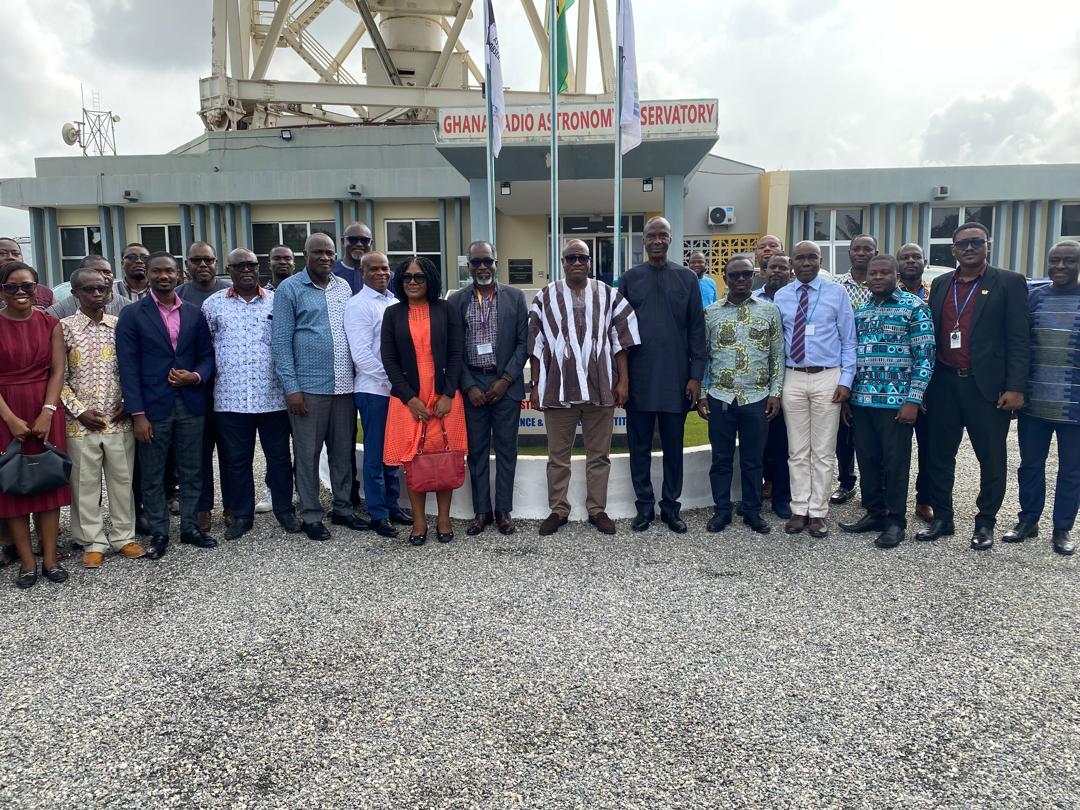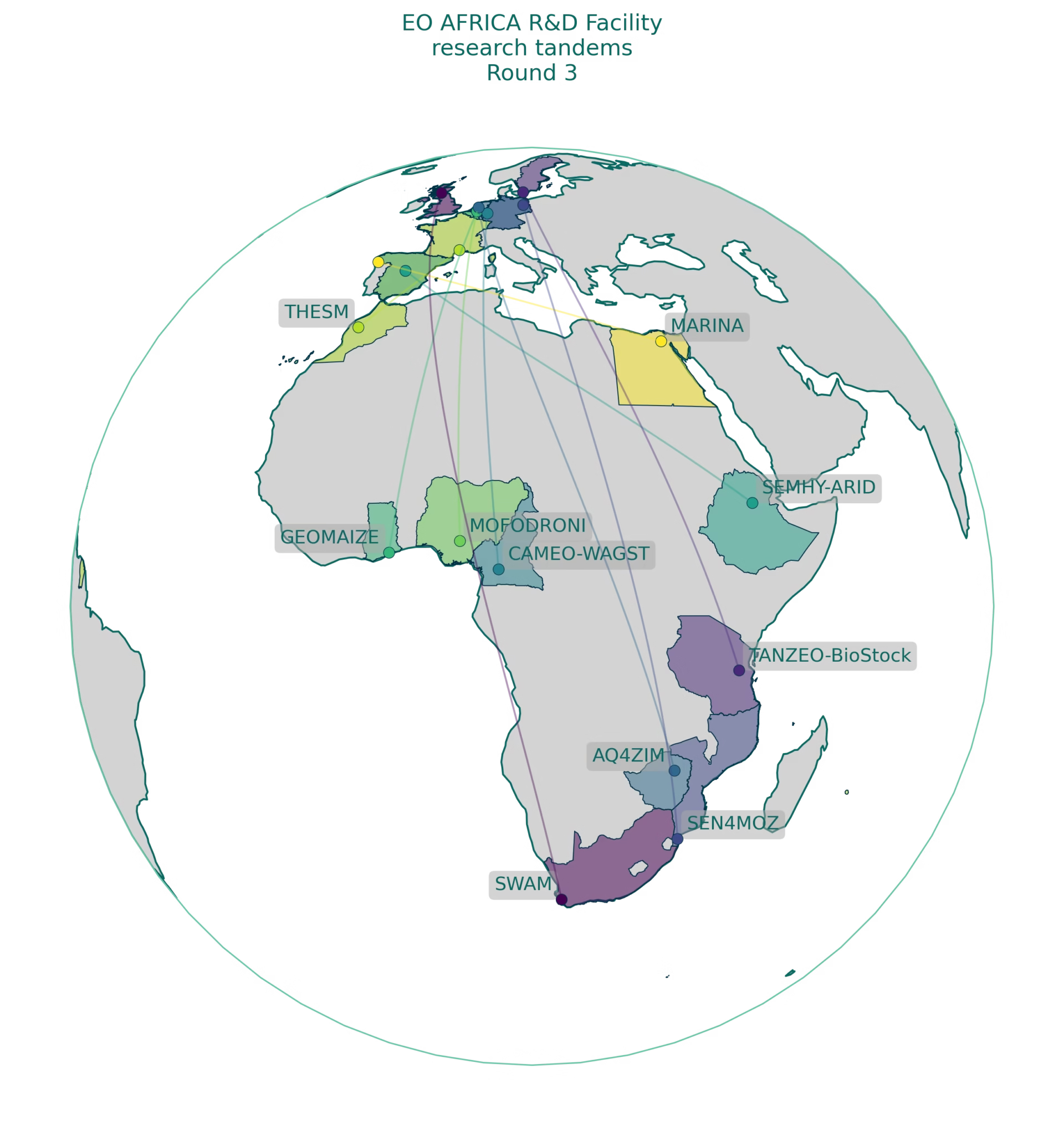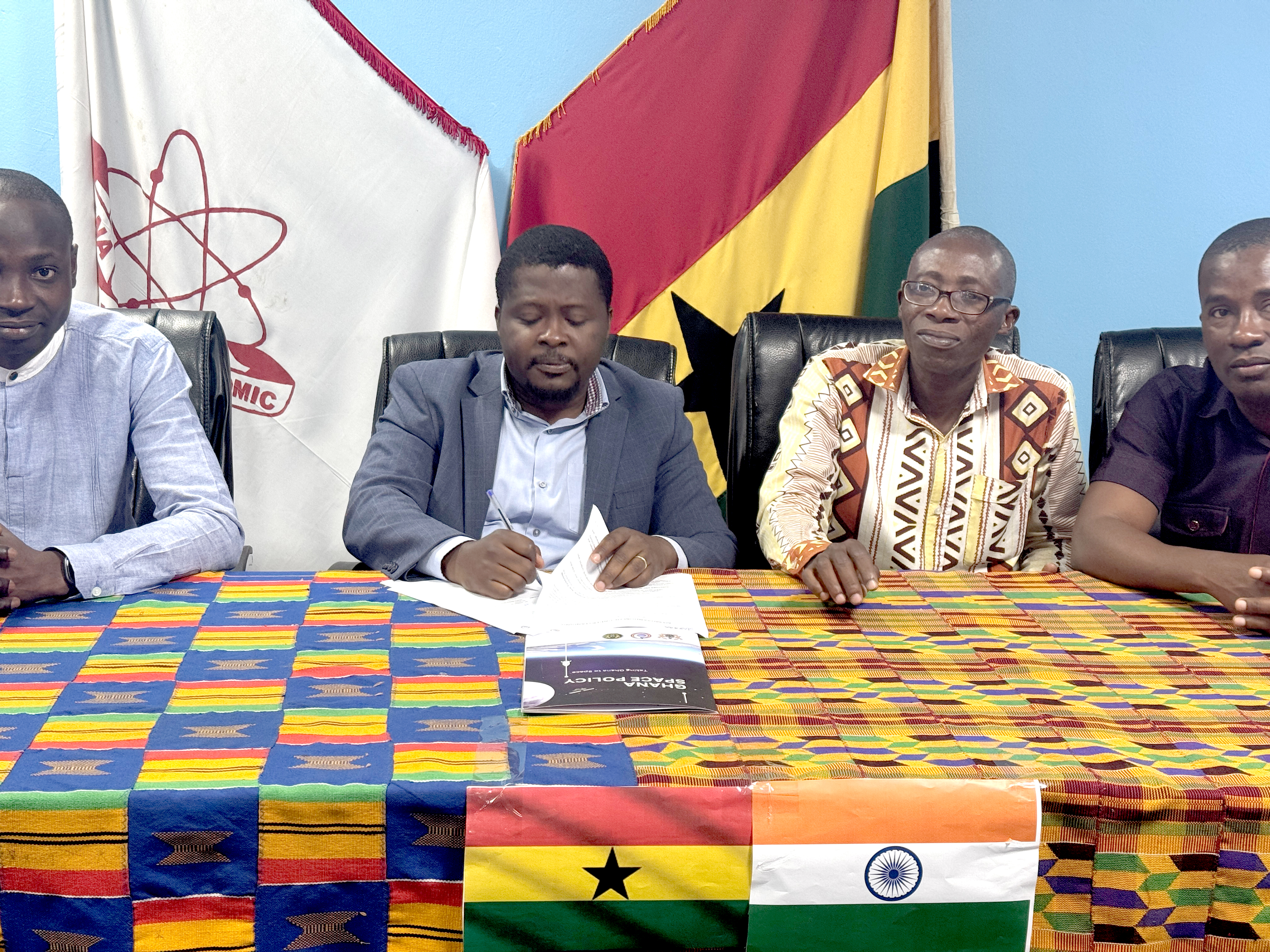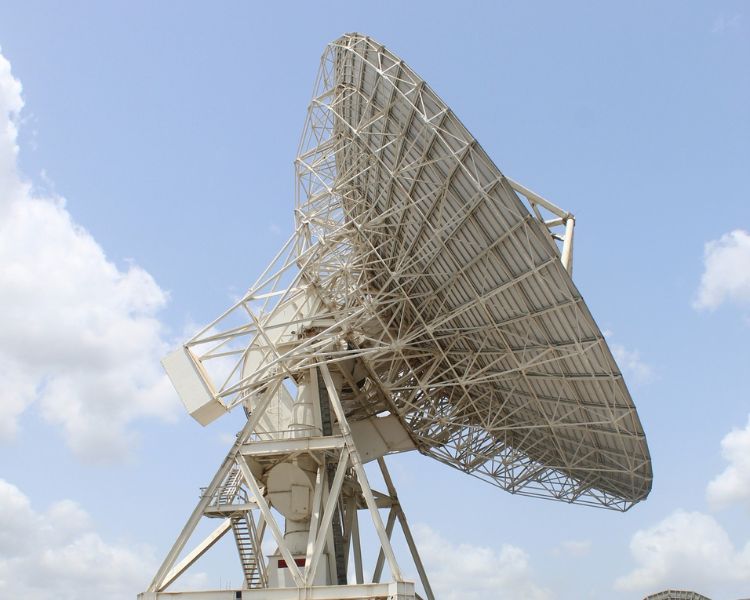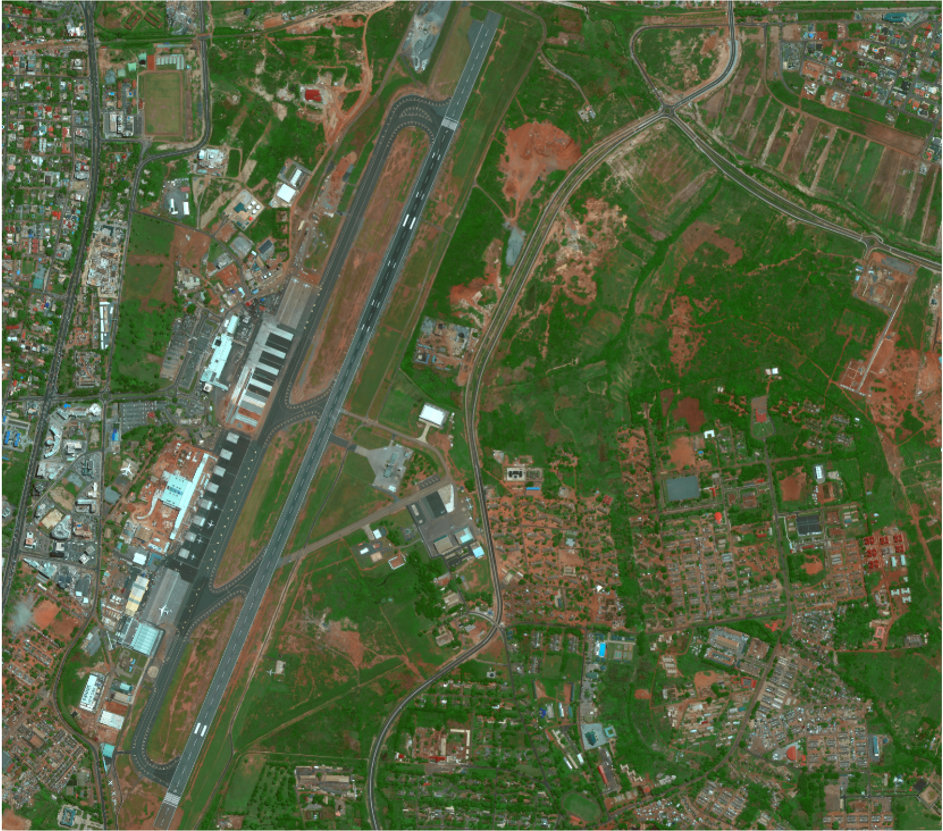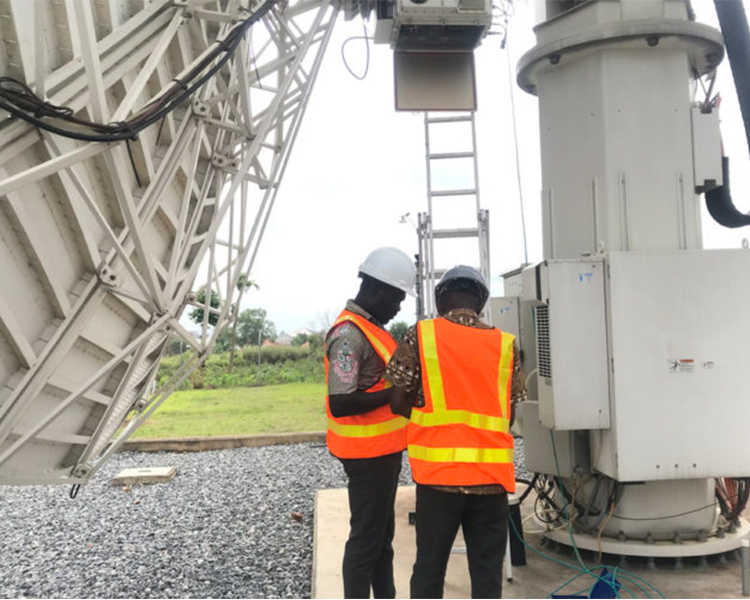-
Call Us
-
Email Us
-
Days Open
Mon - Fri: 8:30AM - 4:30PM
Excellence In Space, Innovation For Earth
About Us
The Ghana Space Science and Technology Institute (GSSTI), operating under the Ghana Atomic Energy Commission (GAEC) within the Ministry of Environment, Science, Technology and Innovation (MESTI), is tasked with harnessing, coordinating, researching, commercializing, and exploring space science and technology for Ghana's socio-economic development. With a diverse workforce and expertise, GSSTI collaborates with local and international partners, including academia, research institutions, and industry, to fulfill its mission.
We have a Reputation for Excellence
We Build Partnerships
Guided by Commitment
A Team of Professionals
Our Values
We operate under this set of core values to guide us on our mission and activities.
Latest Updates
Gallery
Work of Excellence
.jpg)
Starry Horizon
Outreach
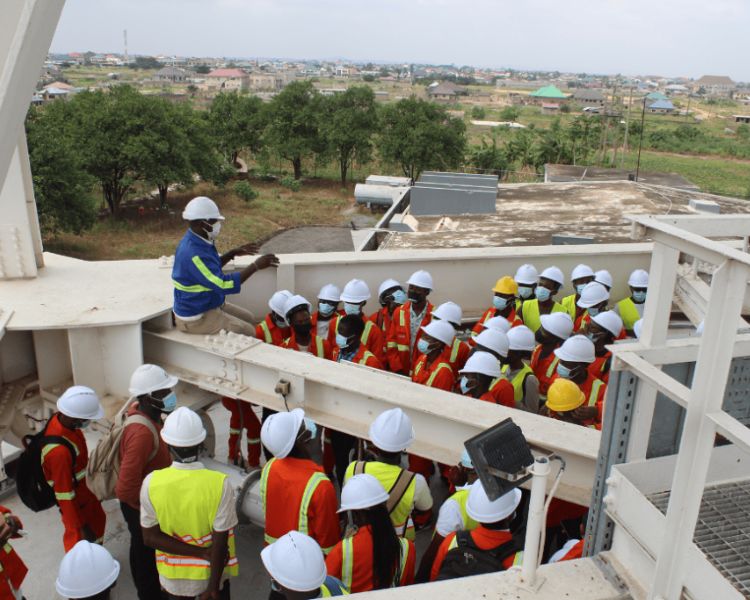
DARA
Education
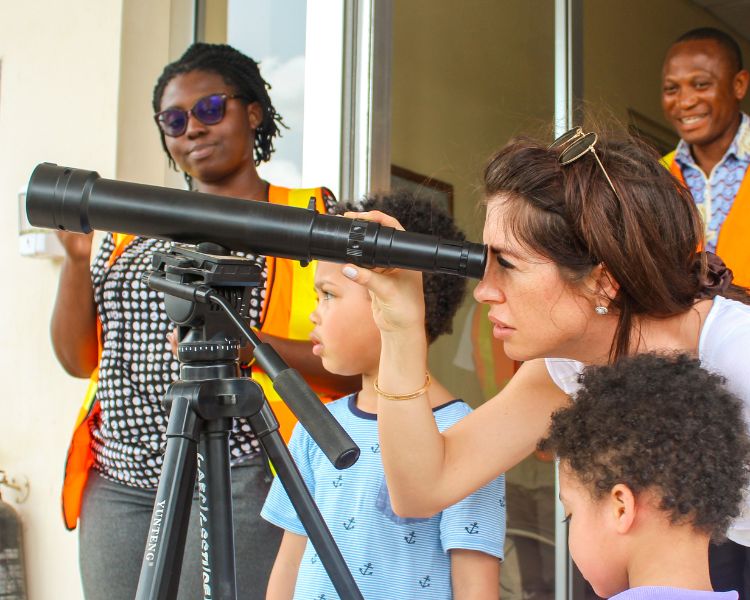
Visit
Outreach
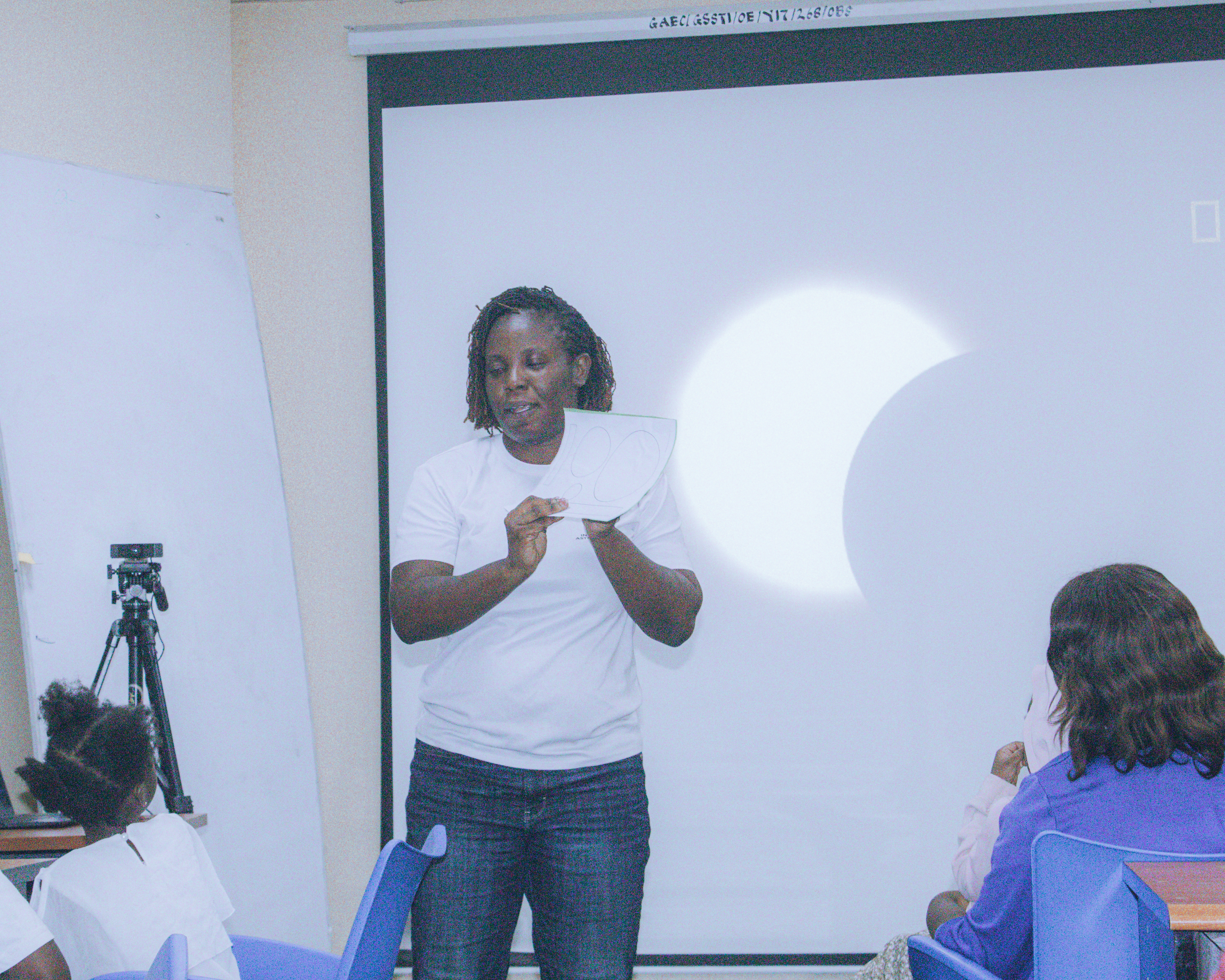
Eclipse View
Outreach
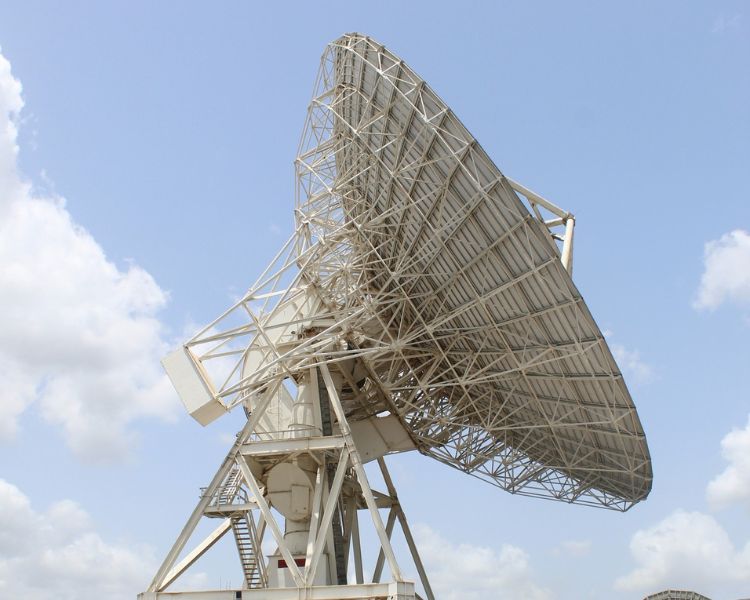
Telescope maintainance
Infrastructure

Training
GRAO
Our Leadership

Dr. Joseph Bremang Tandoh
Director, GSSTI
Dr. Tandoh demonstrates strong leadership through his past positions as Deputy Director of GSSTI and Head of the Department of Nuclear Sciences and Applications at the University of Ghana.

Ing. Dr. Robert Adjaye
Board Chairman, GSSTI
Ing. Dr. Adjaye, a distinguished figure in engineering and academia, has made extensive contributions over decades. With advanced degrees in engineering, he epitomizes a commitment to academic excellence.

